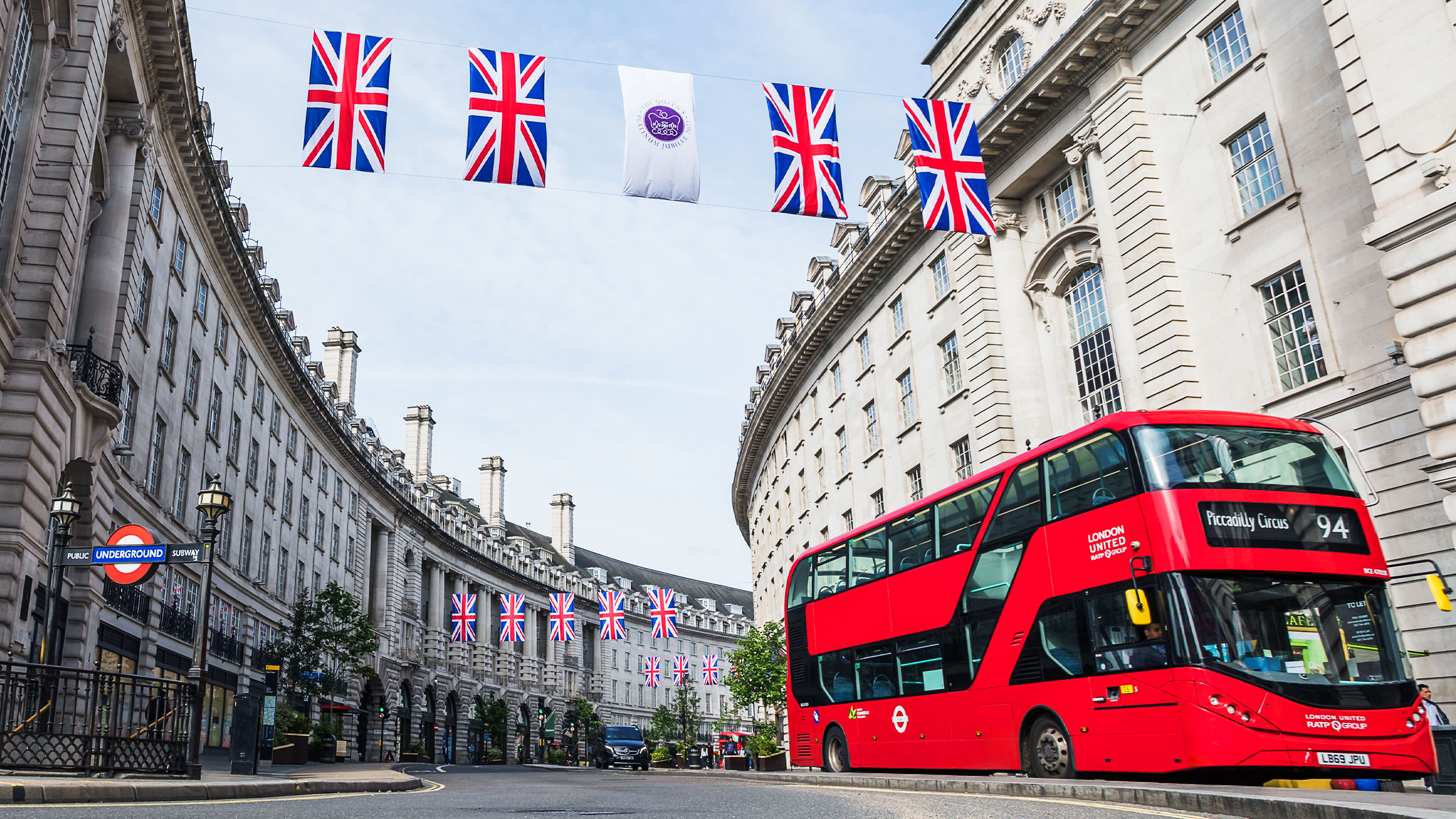As most readers will know, this weekend is the Queen’s Platinum Jubilee. In the UK, this means parades, street parties, Union Jack bunting and the chance to enjoy an extended bank holiday.
The long weekend feels particularly significant to our hospitality, travel and leisure sectors. For starters – and most obviously – it represents a serious boost to recovery from Covid-19. With licensing hours extended from 11pm to 1am closing time, the sector is expected to bring in up to £3bn from pubs, restaurants, bars and takeaways over the four-day period. After two years of cancelled and restricted events, this is a real reason to celebrate.
Secondly, this past week has highlighted just how much working models have changed since 2020. Faced with a two-day bank holiday, how many people have taken advantage of their employer’s more flexible approach to work?
With most companies operating partial remote working policies, there must have been countless people arriving at their holiday destination earlier this week, days before the long weekend began. The last two years have certainly changed the way we work, and hospitality, travel and leisure businesses must lean into this change.
“The last two years have certainly changed the way we work, and hospitality, travel and leisure businesses must lean into this change.”
Much has been written about the move to a ‘work from anywhere’ style of working. Companies including Salesforce, Ford, Shopify, and Twitter have all introduced policies allowing employees to work remotely, either permanently or for a certain number of weeks a year. This April, for example, Airbnb announced that staff can spend up to 90 days each year living and working abroad. Spotify’s employee website reads “Work From Anywhere is the future of working at Spotify. And we’re pretty excited about it.”

Of course, not all businesses are embracing this move. Many financial services firms have expressed wishes to call everyone back permanently, and Google has ended its voluntary work from home policy. As recently as Wednesday, a leaked memo to Tesla staff showed Elon Musk asking employees to return to the office permanently. In a reply to a Twitter follower asking for additional comment, Musk wrote that employees not willing to do so could “pretend to work somewhere else.”
As my colleague Huw wrote in his column on flexibility and employee retention last year, the strategy for most companies will lie somewhere in the middle – which still leaves millions of global workers with more flexibility and freedom than ever before.
For hospitality, travel and leisure firms, this presents a serious opportunity.
We’ve already seen some major players make changes. As early as October 2020, Marriott introduced its ‘Work Anywhere’ offering, providing rooms that are set up for remote working. ‘Work From Hyatt’ offers packages ranging from ‘Office for a Day’ to ‘The Great Relocate’, giving workers the chance to set up their workspace in Hyatt locations. And according to research from Colliers, hotels could boost turnover by up to twenty percent by repurposing space to cater for co-working. In some cases, entire countries are reinventing themselves as remote working destinations: Malta, the Bahamas and Costa Rica all offer ‘digital nomad’ visas.

This shift in working models is waving in a new era of long-term stays, with home rental platforms set to feel the immediate benefit.
Earlier this year, Airbnb CEO Brian Chesky told investors that 2021 was the best year in its history, noting a distinct shift to the landscape: over the past two years, the average stay has increased by 15%, with stays of a week or more representing half of all bookings. Crucially, long-term stays of 28 nights or more have become Airbnb’s fastest-growing type of booking. In April, to help accommodate this demand, the property giant introduced a new feature – Split Stays – which allows users to more easily book extended trips which may utilise more than one property.
“Crucially, long-term stays of 28 nights or more have become Airbnb’s fastest-growing type of booking.”
It will be interesting to see whether this evolution is felt in the hotels space. As it stands, extended-stay hotels account for less than 10% of the entire market, according to US research firm STR. In my view, hotel groups looking to capitalise on extended-stay guests should consider how to make their long-term options more attractive to travellers looking to feel settled.
Away from international travel, we’ve seen pubs, café and restaurants repurpose sites and rethink their marketing efforts to cater for remote workers. While a bustling restaurant may not be the best place to take a private Zoom call, a quiet café can provide a closer-to-home alternative to commuting to the office.
BrewDog is leading the way here. Last year the Scottish brewer, retailer and bar operator introduced its £10-a-day DeskDog offering, giving remote workers the chance to work from any of its UK bars and receive unlimited tea, coffee and water and a pint. Fans of this service can even extend to a monthly pass for £70.
One thing is for sure: while most businesses won’t be inviting their colleagues to work from the beach 24/7, attitudes to work have changed forever, and I look forward to seeing how they evolve further. For hospitality, travel and leisure businesses, the winning organisations will be those that keep moving with the times.
What are your thoughts? I’d love to hear from you.








